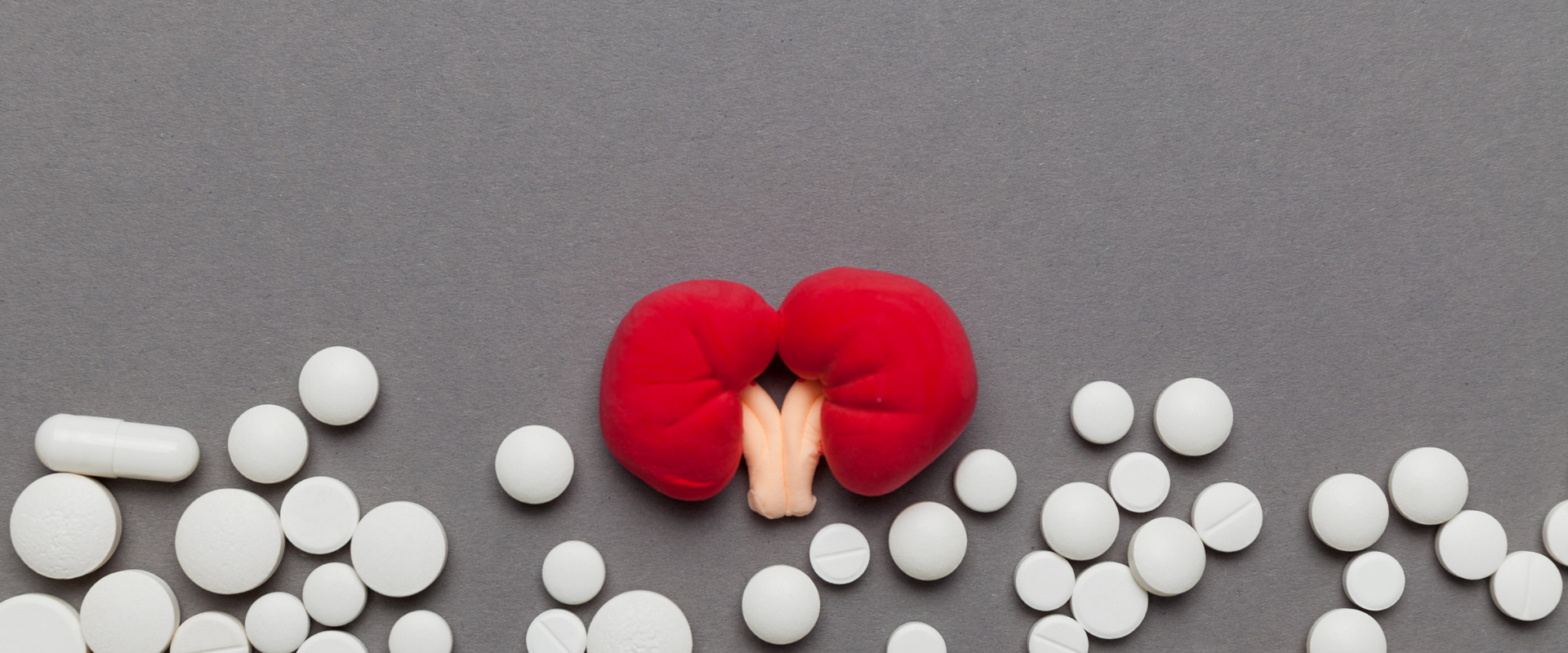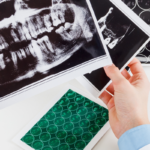Connecting the Dots Between Your Oral Health and Your Kidneys
An inflammatory introduction
You’ve probably heard about the negative effects that inflammation has on the body, whether through poor diet, sickness, or stress. Inflammation caused by infection and bacteria is especially dangerous for individuals with chronic kidney disease (CKD). This makes taking stock of your oral hygiene routine one of the best things you can do to ensure the long term health of your kidneys.
Can a tooth infection affect your kidneys?
The link between overall body health and poor oral hygiene is well established. Chronic infections like gum disease cause excessive inflammation and bacterial buildup in our mouths; an easy access route to other areas of the body. Individuals with CKD can be more susceptible to various side effects such as excessive bleeding due to dialysis blood thinners. Dry mouth is the singular most common and uncomfortable side effect of CKD medications. Outside of susceptibility to cavities, over time this can even lead to tooth loss. Healthy saliva production reduces your likelihood of cavities and prevents bacteria from accumulating below the gumline, making commitment to oral hygiene that much more important.
Noticing the signs of gum disease
The introduction of an acute bacterial infection can present a severe setback to an already overwhelmed renal system. If you have any of these symptoms of gum disease, it’s crucial to inform both your dentist and renal specialist in order to discuss treatment options:
- Pain or bleeding around the teeth and gums during or after brushing
- Swelling or tenderness in the gums
- Bad breath even after brushing
- Dry mouth
- New or worsening toothaches
All of these symptoms point to issues in oral hygiene that need to be addressed through routine personal and professional care. If you find yourself missing dentist visits, it’s important to find time to work with your dentist on a prevention plan that best fits your oral health goals.
Prevention as the best medicine
Thankfully, committing to oral health is the easiest way to prevent the worst effects of chronic gum disease as well as CKD. Your personal care checklist should look something like this:
- Brush at least twice a day after meals if possible
- Floss at least once a day and each time you find food between your teeth
- Limit your intake of caffeine and sugary beverages
- Be aware of new sensitivities to certain foods or temperatures
- Visit your dentist at least twice a year even if you have no pain or negative symptoms
Your dentist is the only person who can tell you if your oral healthcare regimen is up to par. For those with chronic kidney disease, this can mean all the difference in ensuring quality of life for the long term.







0 Comments